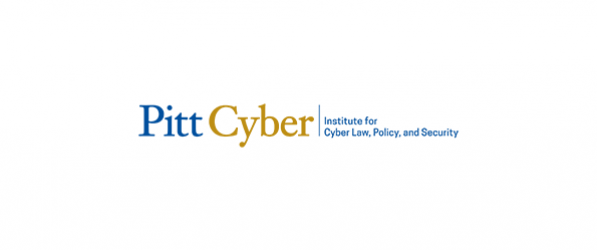With Murthy vs. Missouri in front of the Supreme Court this week, the U.S. State Department is trying to reframe the conversation around disinformation, anti-trust entities are keeping their eye on tech platforms, and the GovAI Coalition, led by the city of San Jose, released a user-ready toolkit for local/state governments in navigating AI tools.
Roadmap Info Integrity - United States Department of State
We wanted to call attention to this new roadmap aimed at the "erosion of integrity in the digital information realm" from the State Department's Bureau for Cyberspace & Digital Policy (this was also the topic of Secretary Blinken's remarks at the Summit of Democracy this week.) Amidst the partisan domestic atmosphere concerning purported "censorship," the roadmap attempts to reframe the argument, emphasizing that unrestrained disinformation violates the rights of the information seeker: "digital information manipulation undermines one’s ability to exercise the freedom to seek and receive information necessary to form opinions."
Hackers Can Read private AI-Assistant Chats Even Though They’re Encrypted | ARS Technica
A new paper from Ben Gurion University reveals a newly discovered cybersecurity vulnerability present in most LLMs: using a side channel, an "adversary who can monitor the data packets passing between an AI assistant and the user" uses the token lengths, combined with an LLM to deduce the models' responses to the user.
Can Democracy Survive Artificial General Intelligence? | TechPolicy.Press
This thought piece from Tech Policy Press takes a step back from the conversation about AI guardrails to ask a question we should all reflect on: "does the path to AGI lead somewhere that democracies should go?" They go on to argue that true AGI would be better than humans at the tasks associated with governing – but a world where we entrust AI to "prioritize, decide and act on our behalf" is not democracy.
CrowdTangle is dead, long live CrowdTangle | Substack
In the wake Meta's announcement last week that it would be discontinuing CrowdTangle, this substack from CrowdTangle's founder articulating the value of platform monitoring tools – and expressing a hopeful perspective that the DSA will drive greater transparency – is worth the read. He makes a number of good comparative points about features of Meta Content Library but one comment in particular stood out to us: "of course, it’s about who gets to use the Library. CrowdTangle was available not just to academics, fact-checkers, and non-profit researchers but also to the broader news industry. It seems as if that door is being permanently shut to all those partners."
These 12 women have the power to bring Big Tech’s bros to their knees | Substack
The future – of anti-trust law, at least – is female. This interview from FTC Chairwoman Lina Khan provides a window into her thinking around enforcing consumer protection as it relates to the AI industry. The Washington Post has an interview with another powerful female anti-trust figure, Margrethe Vestager, European Commissioner for Competition, as the DSA goes into effect this week.
Roadmap Info Integrity - United States Department of State
We wanted to call attention to this new roadmap aimed at the "erosion of integrity in the digital information realm" from the State Department's Bureau for Cyberspace & Digital Policy. This was also the topic of Secretary Blinken's remarks at the Summit of Democracies this week - the timing of which, coinciding with the Supreme Court's hearing of Murthy vs. Missouri, seems intentional. Amidst the partisan domestic atmosphere concerning online "censorship," the roadmap attempts to reframe the argument, emphasizing that unrestrained disinformation violates the rights of the information seeker: "digital information manipulation undermines one’s ability to exercise the freedom to seek and receive information necessary to form opinions."
Government AI Coalition | San Jose California Government
Last but certainly not least, the GovAI coalition, comprised of officials from more than 150 local, county, and state governments, released a toolkit for use by government officials in procuring and responsibly utilizing AI powered technologies.

